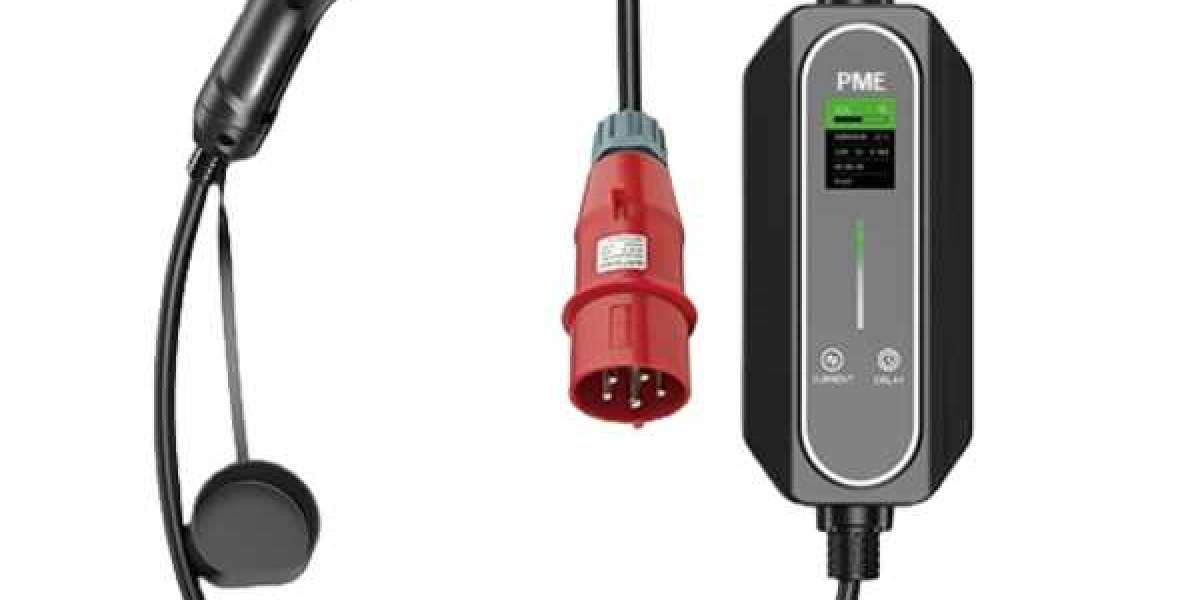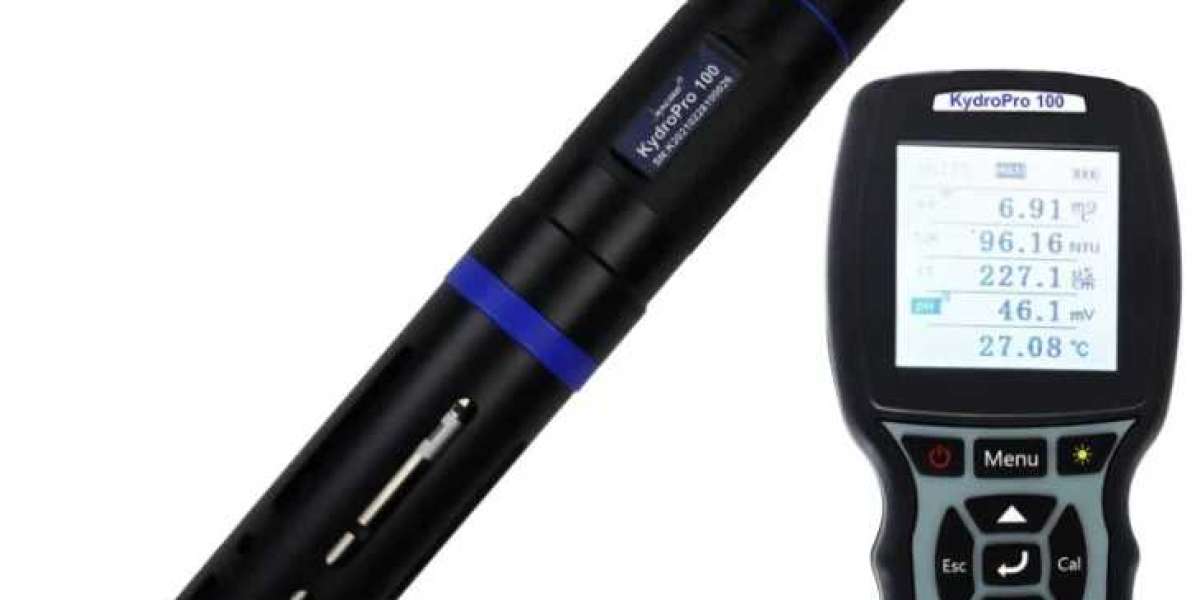With the rise in electric vehicle (EV) ownership, the need for convenient and adaptable charging solutions has grown. Portable EV chargers offer a flexible and practical option for EV owners who need to charge their vehicles at home, work, or on the go. Choosing the right portable EV charger involves understanding various factors, including charging speed, compatibility, and safety. This guide provides a comprehensive approach to selecting the ideal portable EV charger for your needs.

Understanding Portable EV Chargers
What is a Portable EV Charger?
A portable EV charger is a device designed to charge electric vehicles using various power sources. Unlike fixed charging stations, portable chargers can be used in different locations, offering flexibility and convenience. They come in various types and power levels, catering to different charging needs and scenarios.
Types of Portable EV Chargers
Level 1 Chargers: These chargers use a standard 120-volt household outlet. They are the slowest charging option but are highly convenient for home use where a dedicated charging station might not be installed.
Level 2 Chargers: Utilizing a 240-volt outlet, similar to the one used for household appliances like dryers, Level 2 chargers offer faster charging speeds compared to Level 1 chargers. They are often preferred for more efficient home charging.
DC Fast Chargers: These chargers provide rapid charging and are generally larger and more expensive. They are less common in portable formats but offer the fastest charging speeds for electric vehicles.
Factors to Consider When Selecting a Portable EV Charger
1. Charging Speed and Power Level
The charging speed of a portable EV charger is influenced by its power level and the type of outlet it uses:
Level 1 Charging Speed: This is the slowest option, typically adding about 3 to 5 miles of range per hour of charging. It’s suitable for overnight charging or for those with minimal daily driving needs.
Level 2 Charging Speed: Level 2 chargers offer faster charging, adding approximately 10 to 60 miles of range per hour, depending on the charger’s power output and the vehicle’s acceptance rate. This is ideal for more frequent or faster charging needs.
DC Fast Charging: Provides the quickest charging times, with some chargers capable of adding 80% charge in as little as 30 minutes. This option is less common in portable chargers due to its size and power requirements.
2. Power Source Compatibility
Ensure that the portable EV charger you select is compatible with the power sources you have access to:
Home Outlets: Verify that the charger can be used with standard 120-volt or 240-volt outlets if you plan to use it at home.
Public and Remote Locations: If you plan to use the charger in various locations, ensure it is versatile enough to work with different types of outlets or power sources.
3. Connector Type and Vehicle Compatibility
Different EVs use different connector types. Ensure that the portable charger you choose is compatible with your vehicle’s charging port:
Type 1 (J1772): Commonly used for many electric vehicles in North America.
Type 2 (Mennekes): Predominantly used in Europe and increasingly in other regions.
CCS (Combined Charging System): Often used for DC fast charging and available on many modern EVs.
4. Safety Features
Safety is crucial when choosing a portable EV charger. Look for chargers with the following safety features:
Overload Protection: Prevents the charger from overheating or causing electrical issues.
Surge Protection: Guards against power surges that could damage the charger or your vehicle.
Thermal Management: Ensures the charger operates within safe temperature ranges to prevent overheating.
5. Ease of Use and Portability
A portable EV charger should be easy to use and transport:
Cable Length: Consider the length of the charging cable to ensure it provides enough reach for your parking setup.
Carrying Case: A carrying case or bag can make transporting and storing the charger more convenient.
User Interface: Look for chargers with clear instructions and user-friendly controls.
6. Durability and Build Quality
Since portable chargers may be used in various environments, durability is important:
Weather Resistance: Choose a charger that is weather-resistant if you plan to use it outdoors or in varying conditions.
Build Material: High-quality materials can enhance the charger’s longevity and resistance to wear and tear.
Evaluating Portable EV Charger Brands and Models
Research and Reviews
Customer Reviews: Check reviews from other EV owners to gauge the performance, reliability, and user experience of different chargers.
Expert Recommendations: Look for recommendations from industry experts or EV forums for insights on top-performing brands and models.
Brand Reputation
Established Brands: Opt for chargers from reputable brands known for their quality and customer support.
Warranty and Support: A strong warranty and responsive customer support are indicators of a manufacturer’s confidence in their product.
Price vs. Value
Budget Considerations: While cost is a factor, ensure that the charger offers good value for its features and performance.
Long-Term Investment: Consider the long-term benefits of the charger, including durability and energy efficiency, to assess its overall value.
Practical Tips for Using a Portable EV Charger
Installation and Setup
Proper Installation: Follow the manufacturer’s instructions for installation to ensure safe and effective charging.
Regular Maintenance: Keep the charger clean and check it periodically for any signs of wear or damage.
Usage Scenarios
Home Charging: Use the portable charger for regular home charging, especially if a dedicated Level 2 charger is not available.
Travel and Emergencies: Keep the portable charger in your vehicle for convenience during trips or in case of emergencies.
Conclusion
Selecting the right portable EV charger involves evaluating various factors, including charging speed, power source compatibility, safety features, and portability. By considering your specific needs and preferences, you can choose a charger that enhances your EV ownership experience and provides reliable charging wherever you need it. Whether for daily use or as a backup solution, a well-chosen portable EV charger can offer flexibility, convenience, and peace of mind as you navigate the world of electric vehicles.








